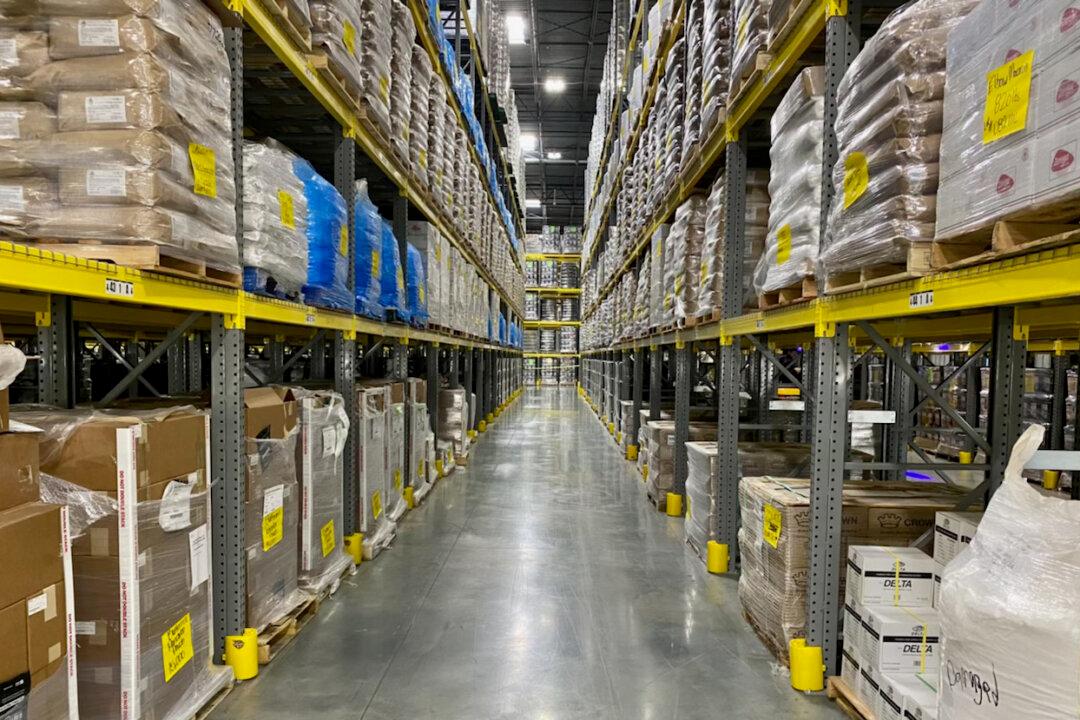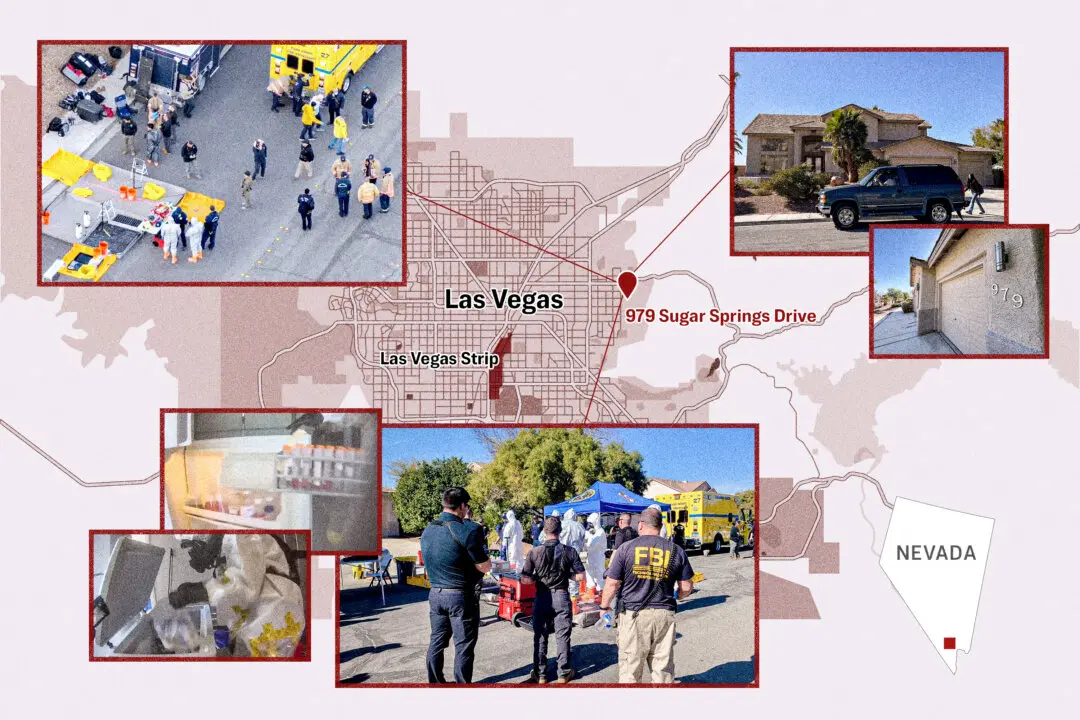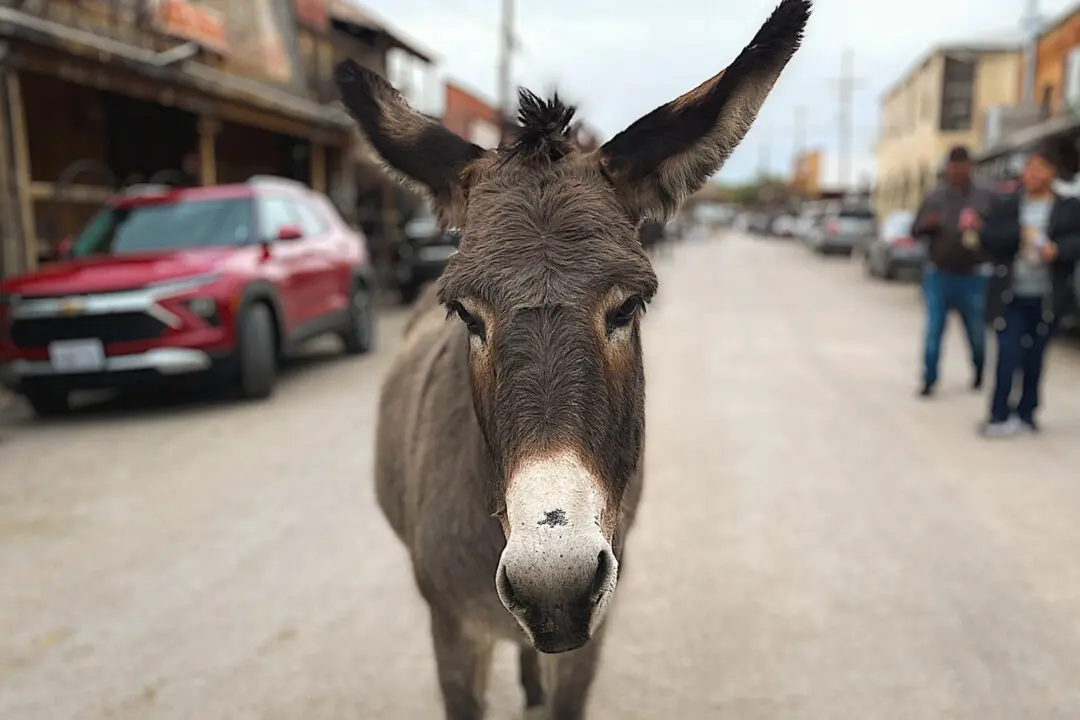Like scattered icebergs bearing down on the Titanic is how My Patriot Supply saw the looming global supply chain disruptions, said its president Keith Bansemer. Rather than wait for the eventual collision and proverbial sinking the company, in Salt Lake City, Utah, chose a year ago to be prepared for the material shortages that are hitting now.
Bansemer said while other companies were struggling with the nationwide truck driver shortage, My Patriot Supply started its own trucking company last year to ensure timely deliveries.





